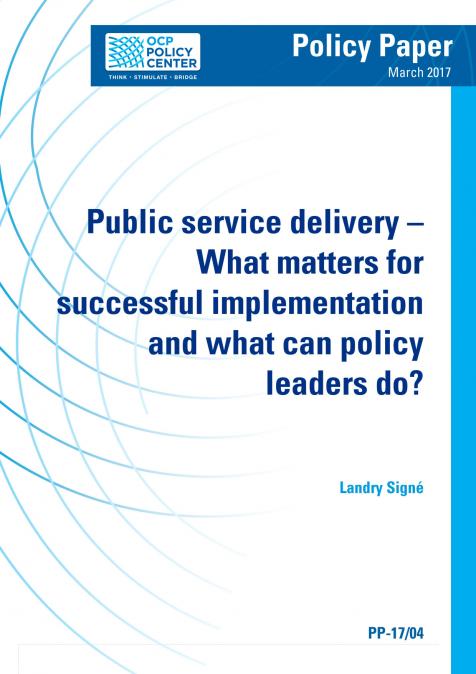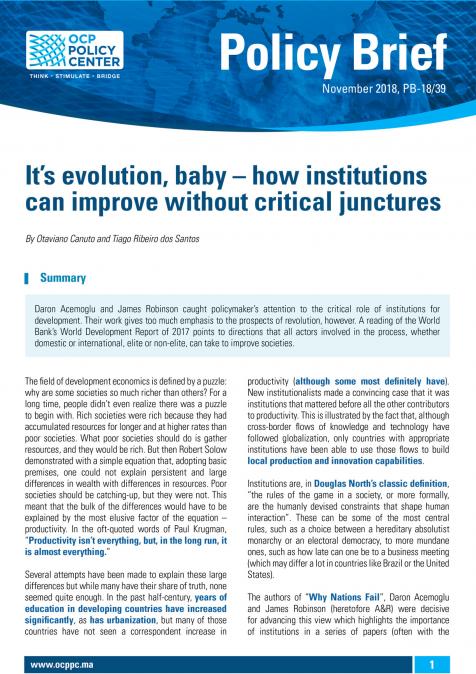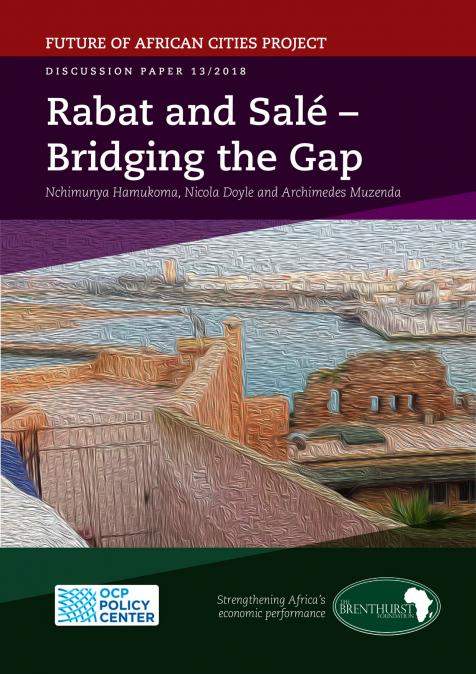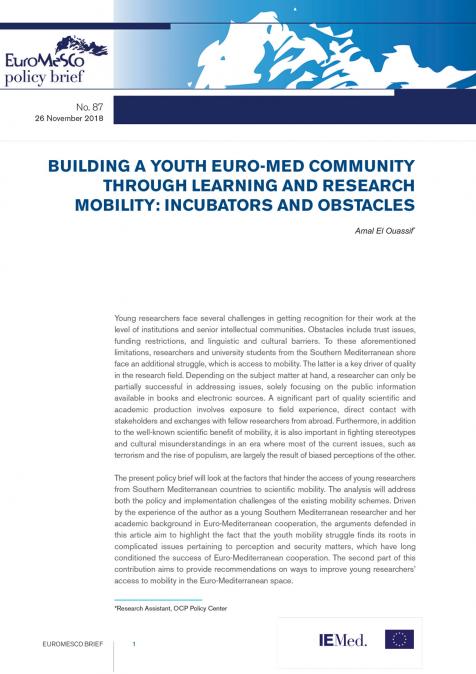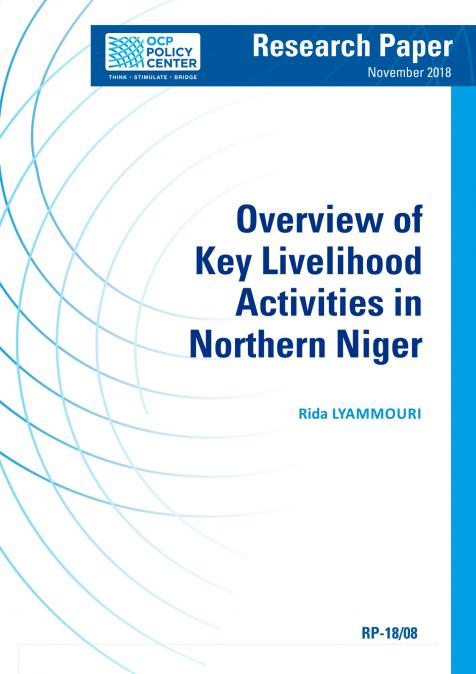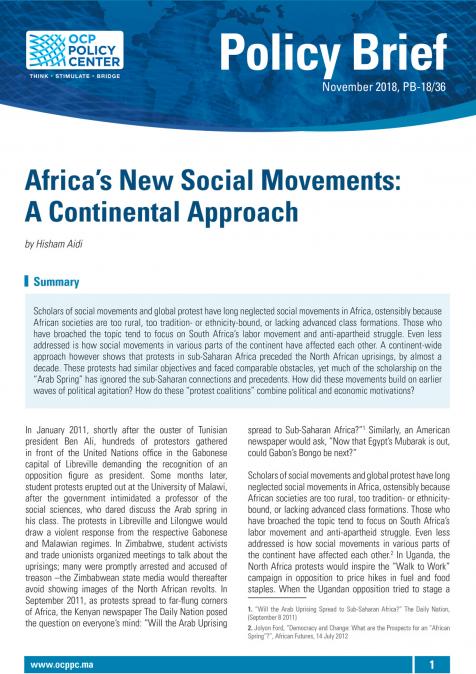Publications /
Policy Paper
Policy Paper
Public service delivery – What matters for successful implementation and what can policy leaders do?
March 20, 2017
Why do policy implementation and public service delivery too often fail to achieve the goals initially formulated by policy leaders, and how to fix it? What matters for successful implementation and what can policy leaders do? In a previous paper, we proposed a synthesis of the study of policy implementation and the cause of policy failure. This policy paper explains the key factors leading to policy success, and provides policymakers with actionable solutions to help formulate and implement public policies successfully and deliver services to the level of expectations of citizens.

